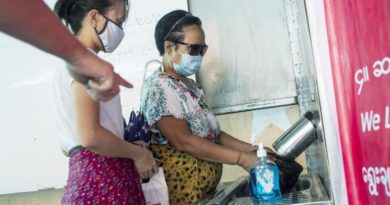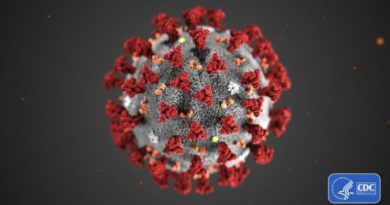OP ED | Du30’s Drug War- E.J.K.-Keeping out the International Criminal Court-ICC

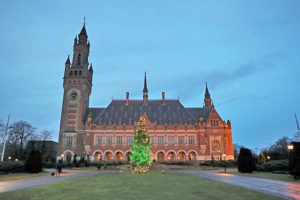
The International Criminal Court is expected to hand down this week its decision on the appeal of the Philippine government for reconsideration of the decision to proceed with a formal ICC investigation of drug killings in the Philippines. The ICC intends to focus on the years when Rodrigo Duterte was president and some of the years when he was mayor of Davao City.
Solicitor General Menardo Guevarra, who filed the appeal in behalf of the government, said last week that he was not optimistic about a favorable ICC ruling. Justice Secretary Jesus Crispin Remulla had previously said the government would not cooperate with the ICC, whose probe would be an insult to a sovereign state where the pillars of justice are working. This position has also been cited by Guevarra in his moves to stop the ICC probe.
A full-blown ICC probe, even if it covers acts during the watch of Duterte, is potentially embarrassing for the Marcos administration, whose officials have given assurance at several international gatherings that the new dispensation is committed to upholding human rights. Activist groups have begged to disagree, pointing to what they describe as harassment and armed attacks against their members. But it’s hard to dispute that while drug suspects continue to die in law enforcement operations, the level of violence has considerably gone down under the new administration.
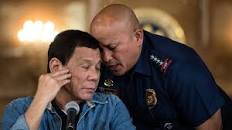
Among the main arguments of the chief ICC prosecutor in wanting to proceed with the probe is the minimal progress in the Philippines’ investigation and prosecution of over 6,000 deaths of suspects in anti-drug operations, as reported by the Philippine National Police. Guevarra has attributed this to the difficulty in finding witnesses, collecting material evidence and even getting victims’ relatives to file a complaint.
Another point raised by the ICC is that there has been no move by the Philippine government to investigate Duterte for multiple murders as a crime against humanity despite a Philippine law specifically covering such offenses, which is what the ICC wants to pursue. Duterte, who ordered the country’s withdrawal from the Rome Statute that created the ICC amid reports of its planned probe, has often said he is willing to face an investigation for his so-called war on drugs, but only in the Philippines and before all-Filipino probers.
There are questions on how much the ICC can accomplish without cooperation from the Philippine government. Victims’ relatives who fear retaliation if they pursue a complaint in the Philippines, along with witnesses, might be willing to cooperate with the ICC. Regardless of the outcome of the Philippine appeal, one way for the government to show that there is no basis for an ICC probe is to do more to give justice to the victims of a brutal campaign against illegal drugs.

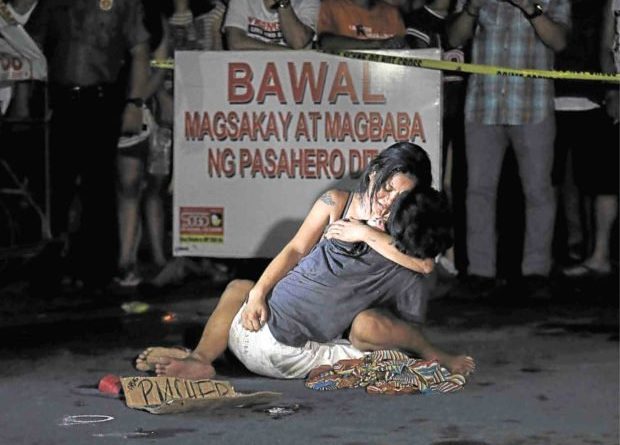
 Memento Maxima Digital Marketing
Memento Maxima Digital Marketing
 Memento Maxima Digital Marketing
Memento Maxima Digital Marketing





